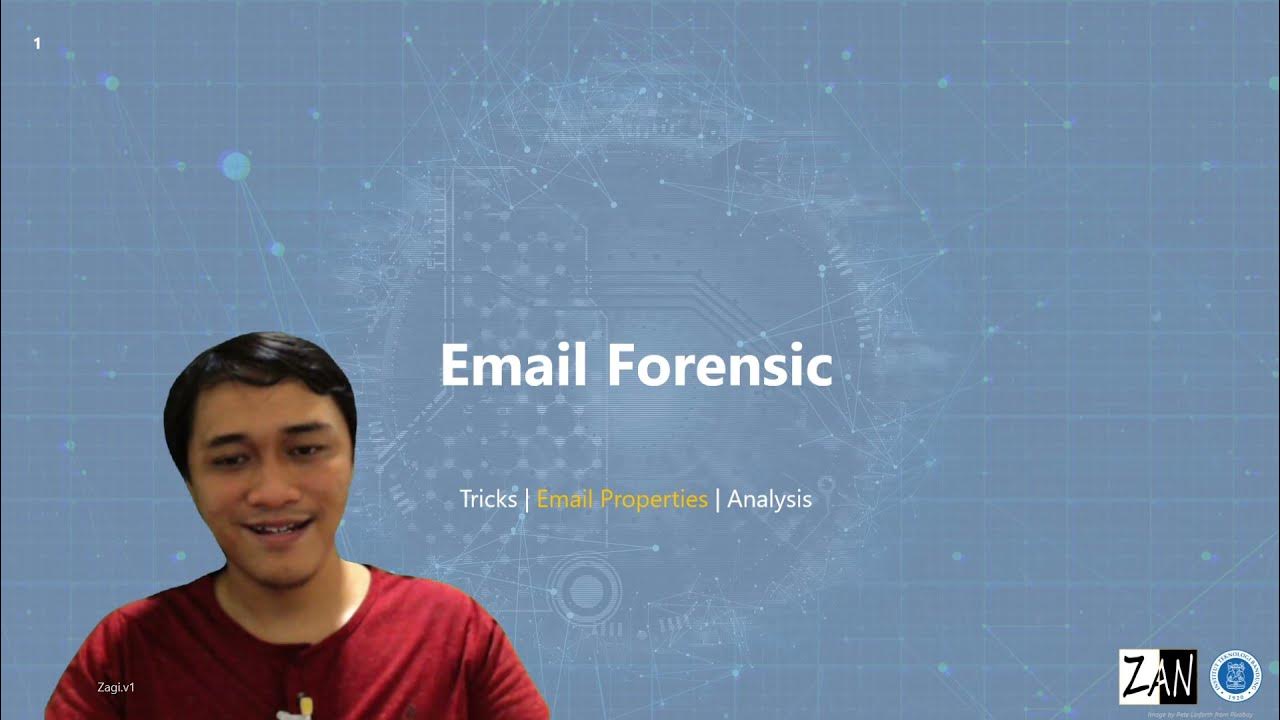Day in the Life - Forensic Technician Sarah Finch
Summary
TLDRThis video script narrates the journey of an individual passionate about forensics since childhood, inspired by TV shows like 'Forensic Files.' They interned at a state crime lab, exploring forensic biology and serology, before deciding to pursue fieldwork. The script details their role in responding to various crime scenes, documenting evidence through photography and collecting DNA and fingerprints. It highlights the importance of teamwork and the gratification of helping others, emphasizing the individual's commitment to contributing to the investigative process and the community's safety.
Takeaways
- 🕵️♂️ The speaker's interest in forensics began in elementary school and was influenced by popular media such as TV shows.
- 👩🔬 They interned with a state crime lab to explore forensic biology and serology, which involves processing evidence.
- 🔍 The speaker decided to pursue fieldwork, which involves responding to various crime scenes, from property crimes to homicides and assaults.
- 📸 At crime scenes, they document what they see through notes, photography, fingerprint processing, and DNA analysis, depending on the scene's circumstances.
- 👮♂️ They are dispatched to a personal robbery and are expected to collect DNA and fingerprints from potential evidence handled by the suspect.
- 🧬 They use swabs to collect DNA samples from the evidence and take a DNA standard from the victim for comparison, to isolate any suspect DNA.
- 🔒 The collected DNA swabs and photographic evidence are secured and submitted for further analysis or as part of the investigation.
- 🤝 Although they often work alone, they have a squad that can provide support both on and off the scene, which is appreciated for camaraderie and assistance.
- 👥 The speaker values the sense of community and support from their unit, which helps them cope with the challenges of processing crime scenes.
- 🌟 The most gratifying aspect of their job is the ability to help people, no matter how big or small the contribution, and knowing they made a difference at the end of the day.
Q & A
What sparked the individual's interest in forensics?
-The individual's interest in forensics was sparked in late elementary school, further fueled by exposure to popular media like TV shows such as Forensic Files.
What did the individual decide to intern with after learning about forensics?
-After learning about forensics, the individual decided to intern with the state crime lab to explore forensic biology and understand the work of serologists.
What change in career focus did the individual experience after interning?
-After interning and learning about the work of serologists, the individual decided to shift their focus from lab work to field work.
What is the range of crimes the individual responds to in their job?
-The individual responds to a wide range of crimes, from property crimes like burglaries to serious offenses such as homicides, assaults, and robberies.
What are the typical tasks performed at a crime scene?
-At a crime scene, the individual typically documents what they see through notes and photography, processes for fingerprints and DNA, and may sketch or measure the scene depending on the circumstances.
What specific task was the individual asked to perform at a personal robbery scene?
-At a personal robbery scene, the individual was asked to collect DNA and fingerprints from a potential item of evidence that the suspect handled.
How does the individual ensure they can isolate suspect DNA from evidence?
-To isolate suspect DNA, the individual collects elimination DNA from the victim, which helps to differentiate between the victim's DNA and any potential suspect DNA on the evidence.
What is done with the DNA swabs and photographs taken at a scene?
-The DNA swabs are turned into evidence, and the photographs are transferred onto a CD-ROM or DVD by a photo video tech for future reference.
How does the individual handle working alone at crime scenes?
-While the individual is expected to work alone at crime scenes, they have a squad that can provide support both on and off the scene, which provides a sense of camaraderie and assistance when needed.
What does the individual find most gratifying about their job?
-The most gratifying aspect of the individual's job is the ability to help people in any way they can, knowing that they have made a difference by the end of the day.
Outlines

Dieser Bereich ist nur für Premium-Benutzer verfügbar. Bitte führen Sie ein Upgrade durch, um auf diesen Abschnitt zuzugreifen.
Upgrade durchführenMindmap

Dieser Bereich ist nur für Premium-Benutzer verfügbar. Bitte führen Sie ein Upgrade durch, um auf diesen Abschnitt zuzugreifen.
Upgrade durchführenKeywords

Dieser Bereich ist nur für Premium-Benutzer verfügbar. Bitte führen Sie ein Upgrade durch, um auf diesen Abschnitt zuzugreifen.
Upgrade durchführenHighlights

Dieser Bereich ist nur für Premium-Benutzer verfügbar. Bitte führen Sie ein Upgrade durch, um auf diesen Abschnitt zuzugreifen.
Upgrade durchführenTranscripts

Dieser Bereich ist nur für Premium-Benutzer verfügbar. Bitte führen Sie ein Upgrade durch, um auf diesen Abschnitt zuzugreifen.
Upgrade durchführen5.0 / 5 (0 votes)






